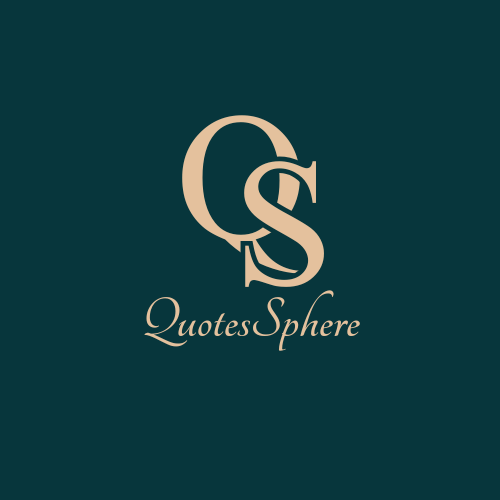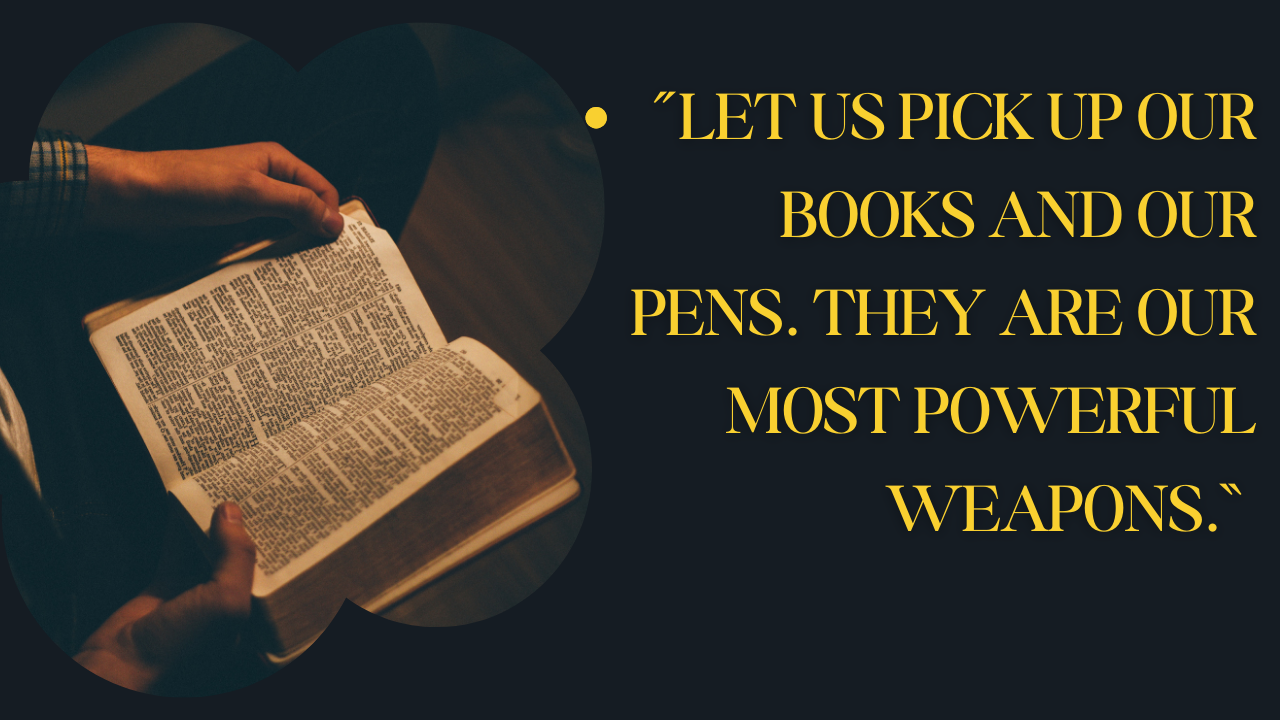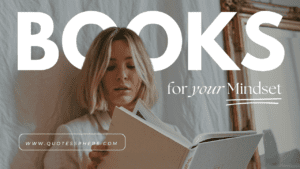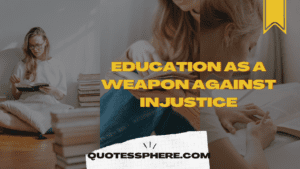In a world often overshadowed by the noise of conflict, the quest for power, and the pursuit of material wealth, the subtle yet profound influence of education is often overlooked. The words of Malala Yousafzai, the youngest recipient of the Nobel Prize, ring true: “Let us pick up our books and our pens. They are our most powerful weapons.” This simple, yet deeply impactful statement is a call to action, urging us to recognize that knowledge and education are the strongest tools we have to transform the world.
The Power of Education
Education goes beyond merely acquiring facts and figures. It forms the bedrock of critical thinking, empathy, and innovation. It empowers individuals to question, challenge, and create. Through education, we gain the ability to understand the world, recognize injustice, and imagine a brighter future.
History is rich with examples where education served as a catalyst for change. From the Renaissance, which revived art, science, and literature, to the civil rights movements striving for equality and justice, education has always been at the core of progress. It is the tool that helps us break free from the constraints of ignorance and oppression.
Books: Windows to the World
Books are not just collections of pages; they are portals to different worlds, viewpoints, and ideas. They allow us to step into another person’s shoes, to experience lives and cultures far removed from our own. Through books, we can travel through time, explore distant places, and delve into the minds of great thinkers.
Reading fosters empathy and understanding. It teaches us to view the world through the eyes of others, to appreciate diversity, and to embrace our shared humanity. In a world too often divided by prejudice and fear, books hold the power to unite us, bridge divides, and encourage dialogue.
Furthermore, books serve as a source of inspiration. They spark our imagination, fuel creativity, and motivate us to dream. From Shakespeare’s works to Martin Luther King Jr.’s speeches, literature has the power to move us, challenge us, and push us into action.
Pens: Instruments of Change
If books are the windows to the world, pens are the instruments with which we mold it. Writing is an act of creation—a means of expressing thoughts, emotions, and ideas. Through writing, we document history, preserve culture, and communicate visions for the future.
Writing has also been a form of resistance. Throughout history, writers and activists have used their pens to challenge oppression, expose injustice, and advocate for change. From George Orwell’s essays to Maya Angelou’s poetry, words possess the power to spark revolutions, dismantle regimes, and reshape societies.
In today’s digital era, the pen has evolved into new forms. Blogs, social media posts, and online articles have become potent tools for advocacy and activism. These platforms enable us to reach global audiences, amplify marginalized voices, and mobilize communities for a common cause.
Education as a Weapon Against Injustice
Malala’s words serve as a powerful reminder that education is not merely a personal tool for self-betterment; it is a collective weapon against injustice. In many parts of the world, access to education remains a privilege, not a right. Millions of children—especially girls—are denied the opportunity to learn due to poverty, conflict, and discrimination.
Yet, where education is suppressed, resistance flourishes. Malala herself is a testament to this. Shot by the Taliban for championing girls’ education, she emerged as a global symbol of bravery and resilience. Her story powerfully reminds us that education is worth fighting for—it is the key to breaking the cycles of poverty, inequality, and violence.
The Role of Each Individual
The call to “pick up our books and our pens” is not only directed at activists and leaders; it is meant for each of us. Every time we read, we broaden our perspectives. Every time we write, we contribute to the collective conversation. Education is a lifelong journey, and we all have a part to play in promoting it.
We can begin by supporting educational initiatives within our communities, whether through volunteering, donating, or advocating for policy reforms. We can also use our voices and platforms to raise awareness about the importance of education, especially for marginalized groups.
Conclusion
In a world often characterized by chaos and division, education provides hope. It is the light that dispels darkness, the bridge that unites us, and the tool that empowers us to create a better future. As Malala reminds us, books and pens are our most powerful weapons. They possess the ability to transform lives, confront injustice, and build a fairer, more equitable world.





